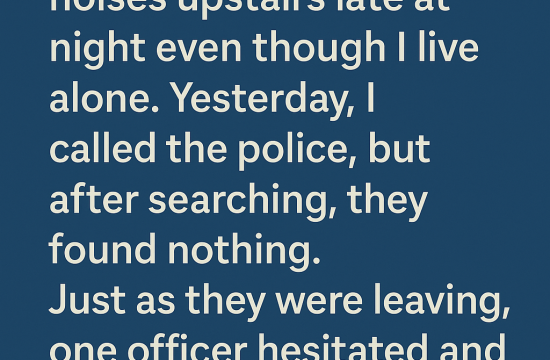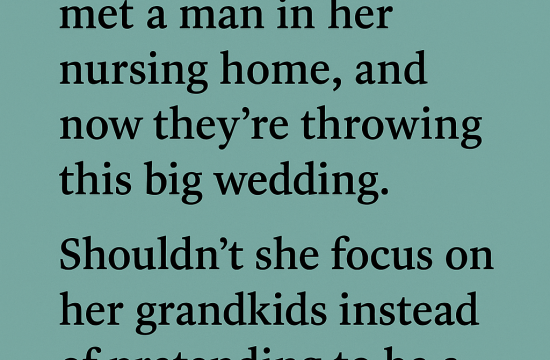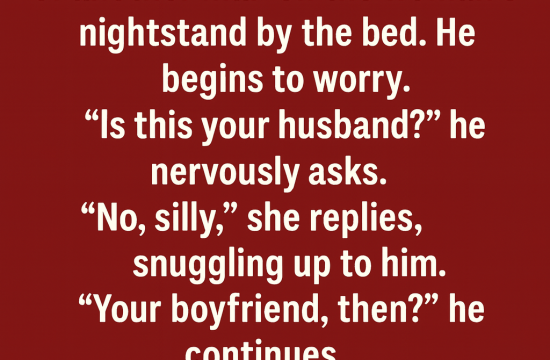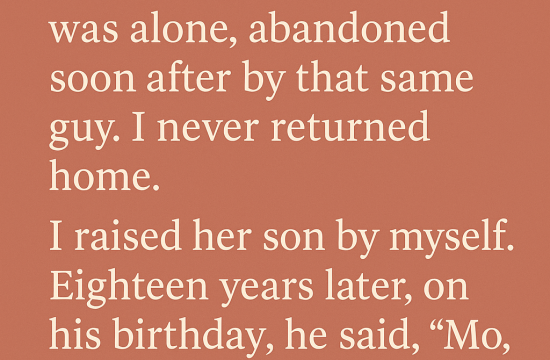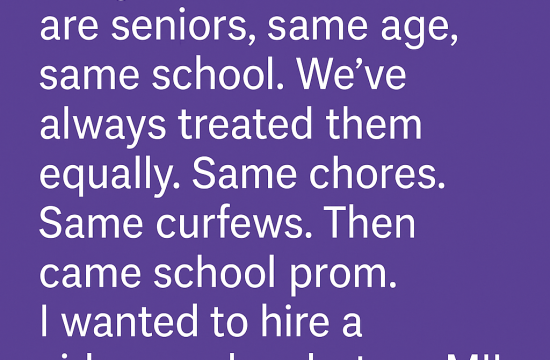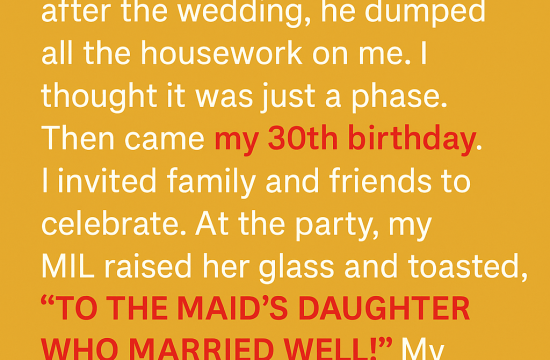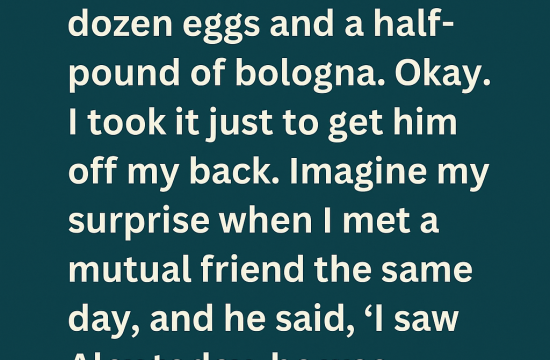I visited my classmate’s home once. Both he and his parents were skinny and pale, their blue veins visible beneath their skin. They looked almost vampiric. When we sat at the table, I realized what was wrong.
They ate raw vegetables and raw meat. Not something like tartare, but full-on raw steaks. The sight made my stomach churn. I left soon after.
The next week, when Silas came over to my house and saw our sandwiches, he recoiled in horror and left without a word. That should’ve been the end of it. We weren’t close—just lab partners and occasional project teammates.
But something about the way he had looked at our food stayed with me. His expression wasn’t just disgust. It was fear.
Silas had transferred to our school in the middle of junior year. No one knew where from. He arrived one day with a backpack and a lunchbox full of carrot sticks, seaweed, and what looked suspiciously like cubes of raw liver. At first, everyone assumed he was some kind of health fanatic. But even the strictest vegans cook their food sometimes.
After our awkward dinner encounters, we avoided each other for weeks. Then one day in April, we got paired again for a history presentation. Neither of us mentioned the food.
We were working in the library when I decided to break the silence.
“Hey, about that night… I’m sorry I left so suddenly. I didn’t mean to be rude.”
He blinked slowly, studying my face, like weighing my sincerity. Finally, he nodded. “It’s okay. Most people react like that.”
“So why do you guys eat raw meat? Some kind of tradition?”
He hesitated, then shrugged. “My parents believe cooking food kills it. They think heat destroys its life force. We’re not religious—it’s more like a philosophy. They call it purity.”
“Purity?”
“They say cooking corrupts the natural state of things. Especially meat. Eating raw keeps us… closer to something higher.”
“That’s… intense.”
He gave a small smile. It was the first time I’d seen him smile. His teeth were very white, oddly sharp—not vampire-sharp, just unsettling.
After that talk, we eased into a quiet friendship. We didn’t hang out outside of class, but we’d sometimes sit on the steps and chat. I learned he liked astronomy, hated math, and listened to old folk records because his dad forbade modern music.
Then one day, Silas showed up with a black eye.
At lunch, I asked, “What happened?”
He picked at his tray—raw green beans and what I swear was raw chicken. “I tried to sneak out. My parents caught me.”
“Why would you sneak out?”
“I wanted a slice of pizza.”
I laughed, thinking he was joking. He wasn’t.
He explained he’d seen a flyer for a fundraiser—two bucks for pizza and soda. He wanted to try it, just once.
“And they hit you for that?” I asked, horrified.
“It’s not about pizza. It’s about obedience.”
The weight of his words sank deep.
From then on, I started slipping snacks into his bag—raisins, granola bars, trail mix. Nothing cooked, nothing obvious. He never said thank you, but he always took them.
Then, in May, he disappeared from school for three days.
When he returned, he was pale, sweaty, jittery.
“You okay?” I asked.
He said nothing.
That weekend, against my better judgment, I went to his house again.
It stood at the edge of the woods, run-down and quiet. No one answered when I knocked. But I saw movement in an upstairs window.
“Silas?” I called.
No reply.
I circled the house. The grass was wild. Animal bones littered the garden. An open basement window gaped like an invitation.
Inside, the basement reeked of metal. Mason jars lined the shelves, filled with cuts of meat floating in cloudy liquid. A freezer hummed in the corner.
And there—bound to a chair, duct tape across his mouth—was Silas.
His eyes went wide with panic, then softened when he saw me. He thrashed his head toward the stairs, urging me to leave.
I didn’t. I tore the tape off.
“What happened?”
“They found the wrappers,” he gasped. “The granola bars. They said I was poisoned. That I needed cleansing. They locked me up to fast me three days… then purge me.”
“Purge you how?”
He glanced at the jars. Said nothing.
I cut him loose. We ran—out the back, through the trees, until we burst into the gas station parking lot. Breathless. Shaking.
I called my mom from the payphone. She picked us up and drove straight to the police.
What followed was a blur. CPS. Arrests. His parents had raised him in isolation, no doctors, no records. They called their lifestyle “The Clean Way.” They had even forged his birth certificate.
Silas was placed in foster care. We kept in touch through emails. He told me about his first cooked meal—soup in a supervised kitchen. He cried afterward.
By senior year, he had transferred to another school. But that spring, he showed up at our graduation. Healthy. Smiling. In a suit.
“I tried pancakes last week,” he said proudly. “With syrup.”
“No way.”
“Swear. I even had seconds.”
I laughed. “Living wild.”
Then he said softly, “You saved my life.”
I shrugged, embarrassed. “You would’ve done the same.”
He didn’t argue.
Years passed. We drifted. But sometimes I’d get messages.
“First hamburger today.”
“Cooked salmon. Not bad.”
“Hot dog at the fair. Still gross.”
Then one day: “Studying nutrition now. Figured I should understand what nearly killed me—and what saved me.”
I smiled at that.
Years later, I stumbled across a viral YouTube video. Silas was giving a talk at a high school about food abuse and cult-like philosophies. He didn’t name his parents. Didn’t shame them. Just told his story.
He ended with:
“Sometimes, the thing that saves you looks small. A sandwich. A granola bar. A person who doesn’t walk away when things get weird.”
I shared that video. Thousands of others did too.
And I thought back to that pale boy with the strange lunchbox.
It would’ve been easy to dismiss him as just another odd kid. But people are more than their habits. More than what they’ve been taught. Sometimes, they just need a way out.
For Silas, it started with a granola bar.




